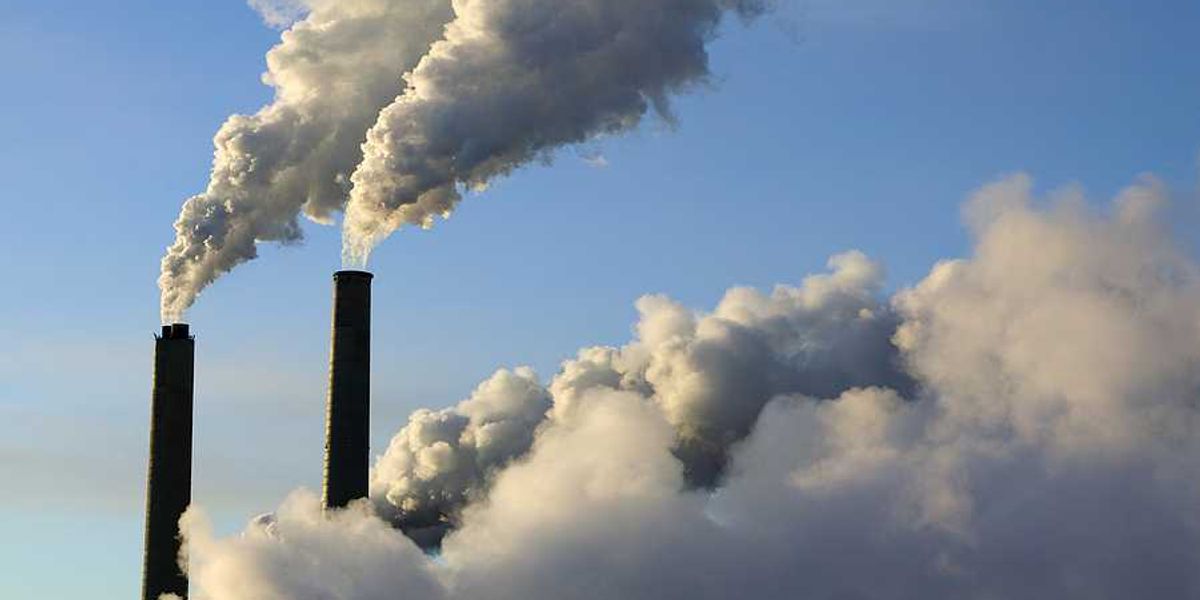clmate
Ocean upwells from climate change prove fatal for marine life
A new study reveals that the escalation of cold ocean upwellings due to climate change is leading to mass fatalities among marine species, including sharks and rays.
In short:
- Researchers have linked shifts in ocean currents and atmospheric conditions to an increase in deadly cold upwellings, primarily affecting tropical marine species.
- A specific incident off South Africa in 2021 involved a mass die-off of over 260 marine organisms from 81 species, dramatically illustrating the impact of these sudden temperature drops.
- Affected animals, including a tagged bull shark, displayed altered behaviors like swimming closer to the surface and deviating from typical migration routes in failed attempts to escape the cold.
Key quote:
"It was eerie to see so many species washed up dead."
— Ryan Daly, marine biologist
Why this matters:
Altered upwelling patterns may worsen existing stressors on marine ecosystems, such as ocean acidification and hypoxia. These conditions can impair the ability of marine organisms to build shells and skeletons, as well as reduce oxygen availability, further threatening the health and resilience of marine ecosystems.
Asia-Pacific needs disaster warning systems to counter rising climate change risks, report says
Carbon dioxide is growing at near-record rate, NOAA reports
Despite rising awareness about global climate change and its devastating impacts, carbon dioxide levels keep treading in the wrong direction.
Climate change: Victoria EPA failed community
Government to unveil crackdown on climate activism and strike action
Ministers are pressing ahead with a dual crackdown on climate protests and strike action, a controversial move that followed a day of direct action in London including clashes with the public and milk poured on the floor of Harrods.
Climate crisis: what lessons can we learn from the last great cooling-off period?
The ‘little ice age’ of the 14th to the 19th centuries brought cold winters to Europe and unusual weather globally. Studying how humans adapted could be valuable.
Climate change means 1 in 25 homes could become uninsurable by 2030, report warns
About one in 25 Australian homes are at high risk of becoming effectively uninsurable by 2030, according to a new Climate Council report based on analysis by a climate risk assessment group.









